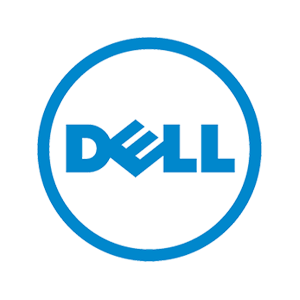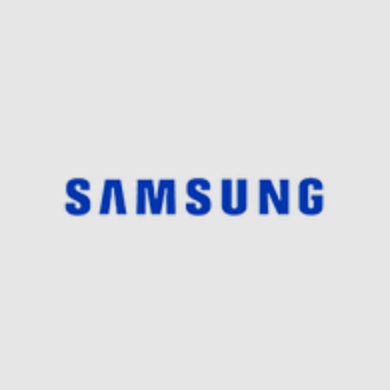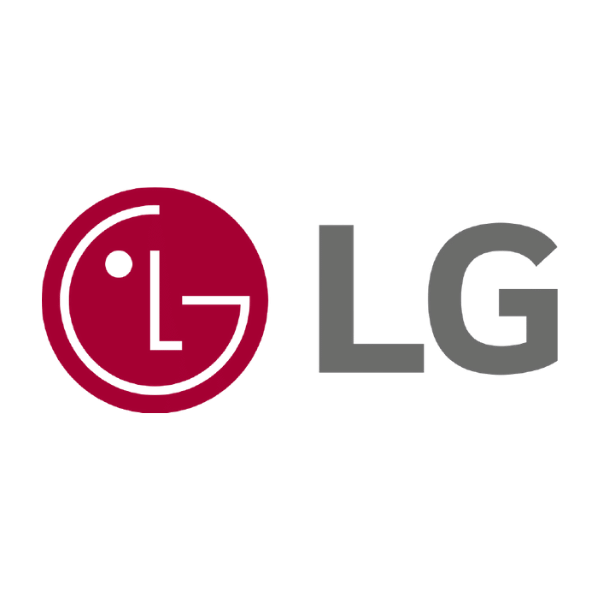NextWave Telecom is so close to recovering the $5.5 billion debt that sent it to bankruptcy court a few years ago that its competitors are sweating.
Companies after NextWave's valuable PCS licenses are desperately trying to strike a deal with the beleaguered telco.
"Verizon Wireless has a significant business relationship with a company called Valley Communications," Verizon spokesman Jeffrey Nelson told Wired News. "Valley Communications has made an offer for a portion of NextWave's licenses.... We strongly support that effort."
Verizon Wireless was among a handful of wireless service providers to win NextWave's licenses in a special auction that ended in January. The Federal Communications Commission repossessed the licenses, intended for "small businesses," a few years ago when NextWave, a company in Hawthorne, New York, defaulted on its payments for the licenses.
NextWave promised to pay $4 billion for the licenses, while the special auction that included big telcos like Verizon, reaped in $17 billion.
The U.S. appeals court said the FCC violated bankruptcy rules when it took back the licenses. The FCC said it will appeal the ruling to the Supreme Court.
In spite of analysts' bleak forecast that NextWave has no chance to recover its debts and move ahead with plans to build a wireless Internet service, the telco has managed to seal $2.5 billion in financing from the bank UBS Warburg.
The Swiss bank will also act as NextWave's financial adviser by helping the company complete its plans to emerge from bankruptcy.
Qualcomm, who provides some of the cellular phone infrastructure to Sprint PCS and Verizon -– two companies that won NextWave's licenses in the January auction – pledged $300 million to NextWave.
Verizon's Nelson declined to comment on NextWave's recent influx of cash, but warned that the Valley Communications deal carried an "expiration date."
"We've not yet set the expiration date," he said. "It may come quick, it may not come quick, but it will expire."
—
Japan market not so hot: Despite all the ballyhoo surrounding Japan's next-generation (3G) system and leadership position in the cell phone industry, two Japanese equipment manufacturers said they were pulling out of the business while others are scrambling for ways to make money.
Pioneer Corp. and its competitor, Victor Co., are getting out of the mobile phone business altogether because of Japan's ultra-competitive wireless market, the Nihon Keizai Shimbun reported last week.
The country's two other mobile phone makers –- Matsushita and NEC –- are putting their rivalries aside and building an operating system for 3G phones. Foreign brands such as Symbian and Palm currently dominate the phone OS market.
But Japan's financial woes don't limit themselves to the cell phone market. Fujitsu, a semiconductor and computing manufacturer, said it plans to eliminate 16,400 jobs – about 10 percent of its global workforce.
—
Florida to ban DWY?: Cell phone use contributed to only a tiny fraction of accidents in Florida during the first half of this year, but one legislator is poised to resubmit a bill that bans driving while yakking on a cell phone.
According to the Florida Department of Highway Safety and Motor Vehicles, only 140 cases of 102,293 traffic accidents in Florida this year –- less than one percent -– were due to Driving While Yakking.
The most common cause of accidents –- 49.9 percent of them -– was "careless driving" that had nothing to do with the use of a mobile phone.
Still, the recently released statistics don’t put state Rep. Irv Slosberg's fears to rest. Slosberg, a Democrat from Boca Raton whose teenaged daughter was killed in a traffic accident in 1996 -– but not because of cell phone use -– plans to re-introduce a bill that bans the use of handheld phones while driving.
Slosberg's first bill went nowhere in the last legislative session.
—
Handspring's image makeover: A lack of profits and fierce competition from Palm and Compaq have fired up Handspring.
Besides extensively slashing the prices of its current products, the company reportedly plans to release two new personal digital assistants for the "mid-range market" on Monday.
One device will replace the $199 Handspring Visor Deluxe, while the other will be the successor to the $249 Visor Platinum.
Both devices will offer minor improvements to their predecessors, such as faster processors and more memory.
Rumors of the new devices followed a decision the company made earlier in the week to slash the cost of its most basic Visor by $20, from $149 to $129. The company cut the cost of the Visor Deluxe by $30 to $169, the Visor Platinum by $50 to $199 and the Visor Edge by $100 to $299.
—
Jimi Hendrix goes mobile: Versaley Games, a mobile entertainment company, struck a partnership with Experience Hendrix, the family-run business that manages the name, image and music of Jimi Hendrix, that will allow Versaly subscribers to download to their mobile phones the late singer's music, videos, digital pictures and lyrics.
The company, which did not release a date for when the service would become available, plans to distribute Hendrix's music, concert videos, digital pictures, lyrics and "interesting facts" over 2.5G and 3G cellular systems.
—
Cool solar-powered gadgets: Companies are ditching the batteries and looking to the sun as an alternative way to power wireless gadgets.
Among the slew of solar gadgets to hit the market this year, SunPower Systems will sell its "Power Booster" batteries, compatible with certain Motorola and Nokia phones, for $50.
Jade Mountain, a Colorado company, now sells a solar-powered jogging radio headset for $39.
—
Dialing around: Blackberry e-mail devices will be sold in the United Kingdom next month, and a commercial launch in the Netherlands will follow before the end of this year, company officials said.... PlanetHopper, a wireless application service provider now offers up-to-minute scores and information on college sports teams to mobile phones and pagers.... Covad Communications is the latest specialist DSL service provider to file for chapter 11-bankruptcy protection in the U.S.... Ericsson reportedly plans to sell off its microelectronics division in its continuing efforts to cut costs.... BellSouth, which had planned to phase out its pay phones next year because of higher cell phone use, says it will retain its pay phone business until 2003.

















